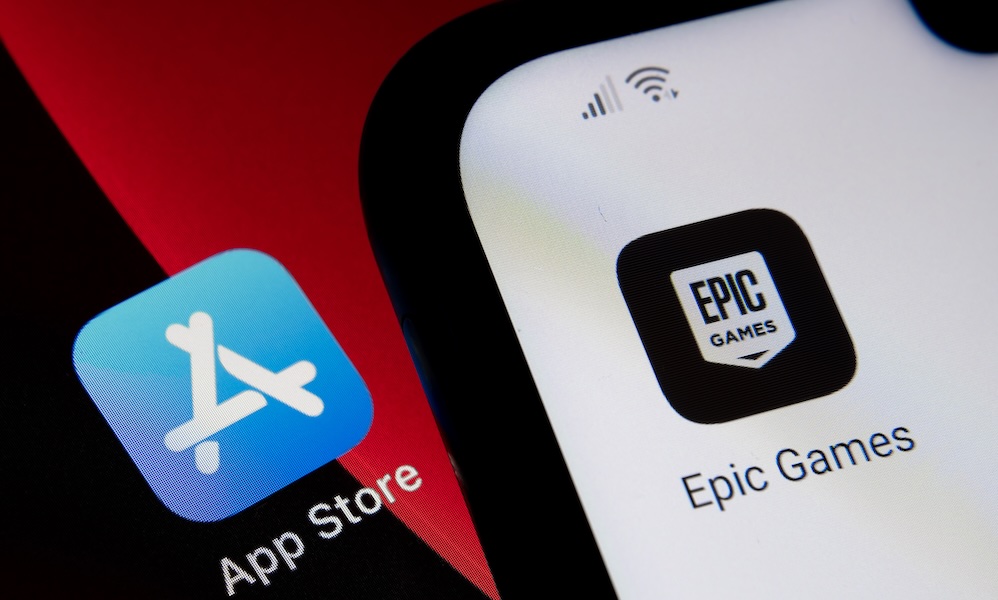Prominent VC Firm Backs Epic Games in Legal Fight Against Apple
 Fs10/Wirestock Creators / Adobe Stock
Fs10/Wirestock Creators / Adobe Stock
Toggle Dark Mode
In 2020, Epic Games, the developer of the popular Fortnite, filed a lawsuit against Apple for removing the game from its App Store. Apple made the decision to turf Fortnite after Epic began offering users the ability to make in-game purchases directly through its website, avoiding the 30 percent App Store commission derived from using Apple’s in-app payment system, in a clear violation of Apple’s in-app purchasing policies.
Apple’s policy banned developers from even telling customers about payment alternatives to the App Store, which has become known as “anti-steering.” Apple also terminated Epic’s developer account for breaching its developer agreement.
About a year later, Judge Yvonne Gonzalez Rogers of the U.S. District Court for the Northern District of California ruled that Epic had fallen short of satisfying the requirements for Apple to be considered a monopolist; she did, however, find that Apple engaged in “anti-competitive conduct under California’s competition laws” with regard to Apple’s “anti-steering” policy. Judge Rogers issued a permanent injunction prohibiting Apple from blocking links to other payment methods.
Apple immediately appealed and convinced the Ninth Circuit to stay the injunction, pending the outcome of the appeal. Rogers’ initial ruling stated Apple must allow alternative payment methods, but would still be entitled to a commission for those purchases. So, after exhausting its appeals without success, Apple instituted a new policy in early 2024 that required a 27 percent commission on payments made outside of its in-app payment system, rather than the previously stated 30 percent. The discount was intended to account for the cost of credit card payment processing that would no longer be handled by Apple in these cases.
When Epic challenged this practice, it was returned to Judge Rogers’ docket. In response, she came down hard on Apple for playing games to circumvent her initial injunction and issued a new one, ruling that Apple couldn’t charge any commissions or fees on purchases made outside of its App Store.
Apple is pursuing a stay of the new injunction, claiming, in part, that Judge Rogers exceeded her authority by limiting the price it charges for products and services.
Late last month, Y Combinator, the famous startup accelerator “bootcamp,” filed an amicus brief (a brief filed by a non-party) opposing Apple’s arguments. Y Combinator is a well-known venture capital firm (VC) that provides $500,000 seed funding, mentorship, and connections to investors to help companies get off the ground. Y Combinator stated that they and other VCs,
…have long been hesitant to back app-based business that were poor investments due to the Apple Tax. A 30% revenue share can easily by the difference between a company that can afford to scale, hire new employees, and reinvest in its product, and one that is perpetually struggling to stay afloat…it is a profound and often insurmountable barrier to entry that stifles competition and innovation at its source.
Y Combinator is majorly influential. Some of its most notable investments include household names such as Airbnb, Coinbase, DoorDash, Instacart, and OpenAI. While we’re looking forward to next week’s big event and more shiny new products, Apple executives are surely juggling a number of high-stakes and overlapping antitrust challenges with potentially significant consequences, including an ongoing antitrust suit launched by the DOJ last year and, more recently, Elon Musk’s suit against Apple and OpenAI over App Store rankings.








